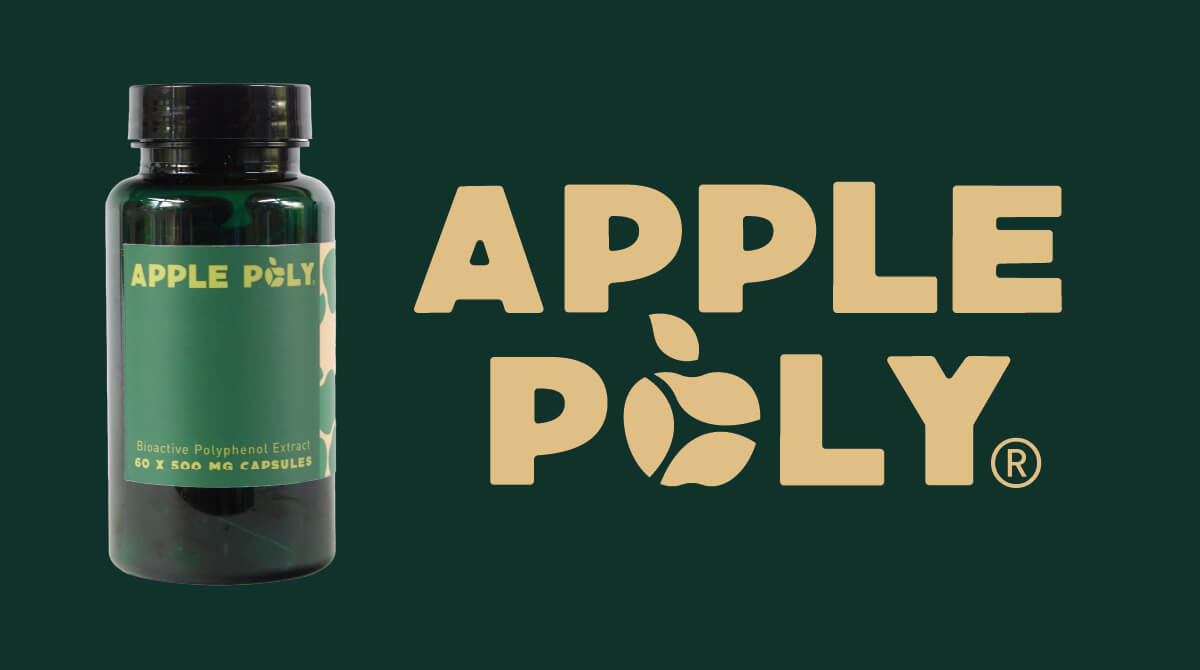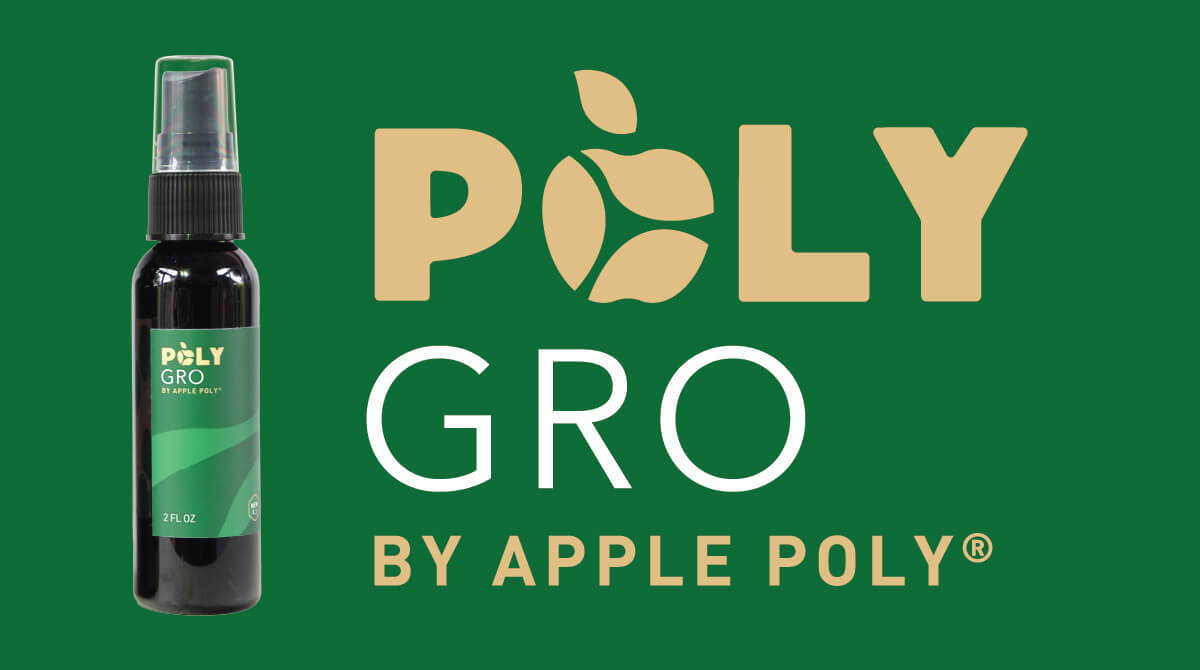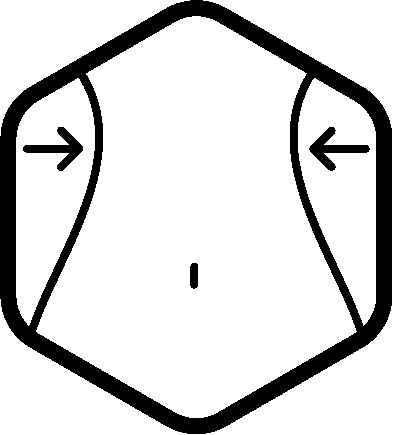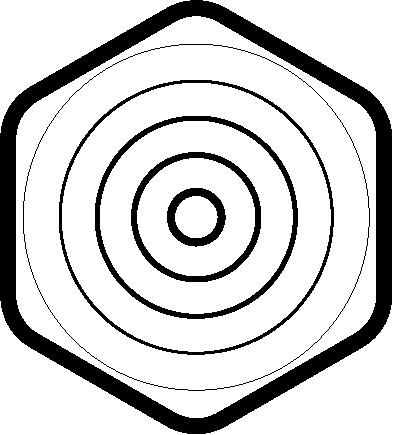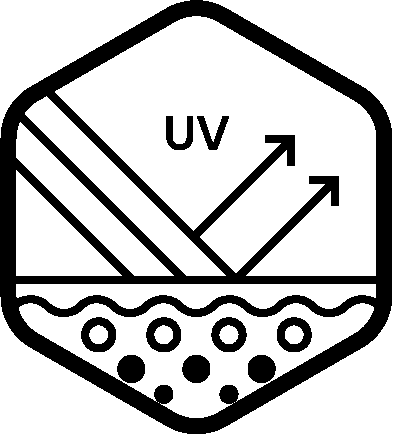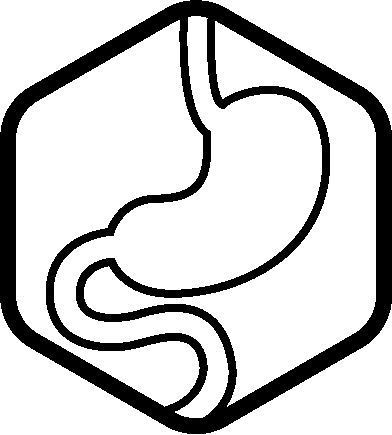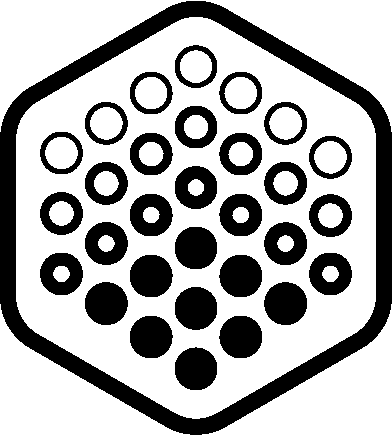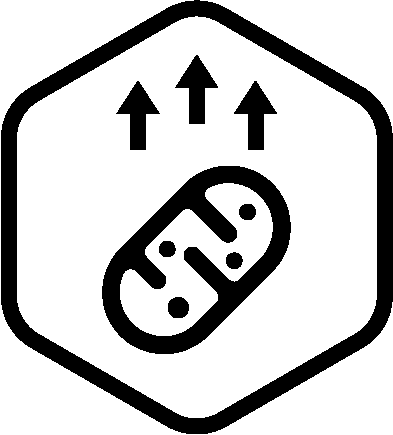2020-11-13
Narrative Review of Preclinical, In vivo, and In Vitro Evidence
N/A
Why Is This Study Important? This review synthesizes the anti-aging potential of fruit-derived bioactive compounds, highlighting how polyphenols, flavonoids, and other phytochemicals modulate oxidative stress, inflammation, and mitochondrial dysfunction. It provides a broad foundation for understanding how diet—especially fruit intake—can influence longevity and age-related disease risk.
Fruit polyphenols are presented here as functional anti-aging agents, with the ability to modulate age-related disease pathways. Flavan-3-ols (catechin and epicatechin) are highlighted for antioxidant and vascular-protective effects (dark chocolate, apples, tea). Procyanidins are cited for their multiple roles central to cardiovascular and metabolic health, across multiple fruit sources (apple, blueberries, cocoa, grapes). Chlorogenic acid, abundant in apples and coffee, is noted for antiglycation and glucose-regulating properties. The anthocyanins that give berries their beautiful colors are neuroprotective. Regardless of the particular fruit, the core actions of these polyphenols remain strikingly consistent across flowering plants, and in their beneficial effects on human health.
In Plain English: This paper explains how fruits like apples, grapes, and blueberries contain natural compounds that may help slow aging. These compounds fight harmful molecules in the body, reduce inflammation, and protect cells from damage. Eating more fruit could help prevent diseases like diabetes, heart problems, and even some cancers.
For Medical Professionals: This narrative review outlines the mechanistic roles of fruit-derived bioactives—particularly polyphenols, flavonoids, and anthocyanins—in mitigating aging-related pathologies. It emphasizes their antioxidant, anti-inflammatory, and mitochondrial-supportive effects, with pathways including Nrf2 activation, NF-κB inhibition, and SIRT1 modulation. While not source-specific, the review supports the inclusion of polyphenol-rich fruits in dietary strategies for healthy aging.
